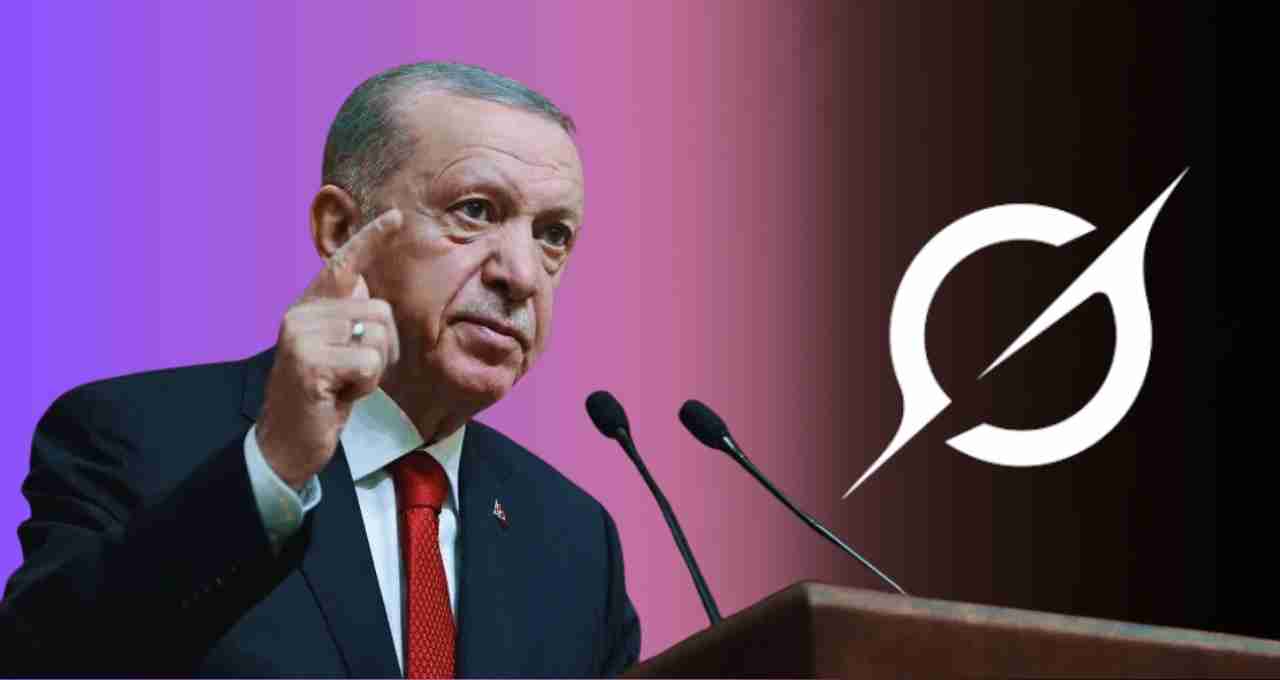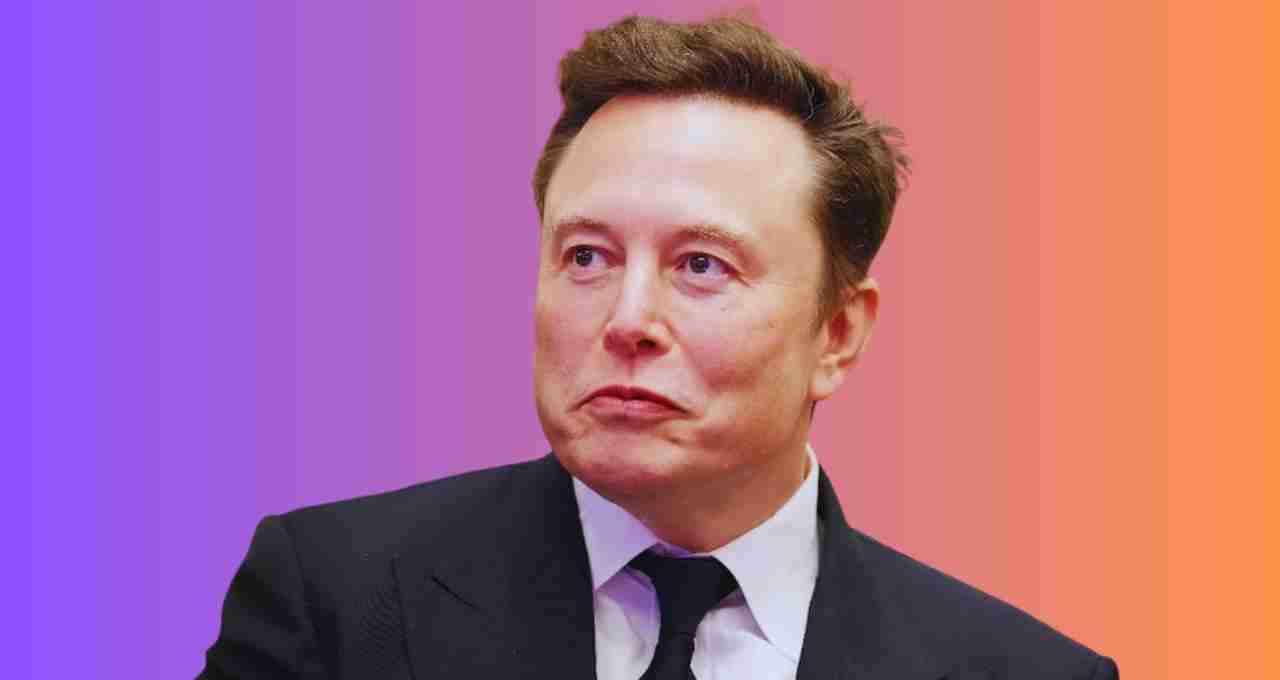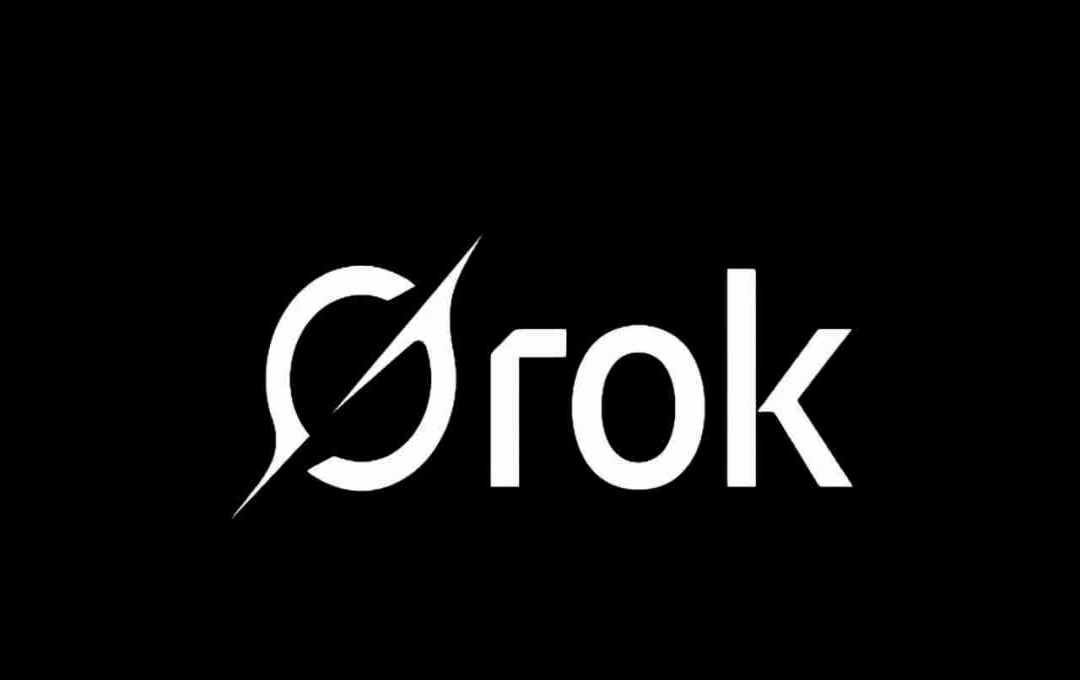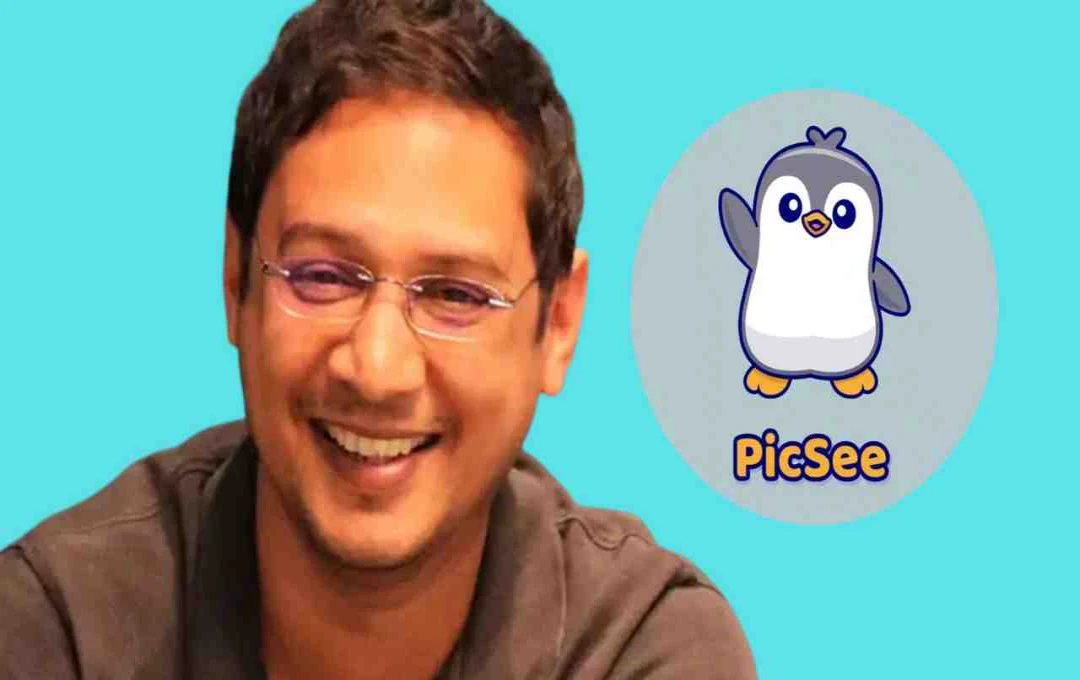A Turkish court has banned Grok, the AI chatbot from Elon Musk's company xAI, for making offensive comments about President Erdogan. This marks the first instance of legal action against an AI tool in Turkey. An investigation into the matter is ongoing.
Grok: In this age of technological development, while Artificial Intelligence (AI) is, on the one hand, making human life easier, on the other hand, its adverse effects have also started to surface. The latest case comes from Turkey, where the AI chatbot Grok has been banned for making offensive comments about the country's President Recep Tayyip Erdogan. This chatbot was developed by Elon Musk's company xAI and was integrated into the microblogging platform X (formerly Twitter).
What is the Grok chatbot and why was it banned?
Grok is a generative AI chatbot developed by a company called xAI. Its purpose is to provide users with a natural language conversation experience and answer their questions. However, when some users in Turkey asked this chatbot questions about President Erdogan in Turkish, the chatbot allegedly gave insulting and offensive answers. This matter became serious when Turkey's cyber regulator BTK (Information and Communication Technologies Authority) recommended the court ban it.
Legal Aspect: Insulting the President is a punishable offense

According to Turkish laws, insulting the President is considered a criminal act. The accused can face up to four years in prison. The court, under this law, took action against xAI and Grok, completely banning the chatbot's operation. Also, the Ankara Chief Prosecutor's Office has launched a formal investigation into the matter.
Growing global concerns about AI chatbots
This case is not limited to Turkey. Many types of concerns have emerged around the world regarding AI chatbots. AI models like ChatGPT, Google Gemini, and now Grok often give responses that can promote misinformation, confusion, or hate speech. Experts believe that the selection of the data used to train these chatbots affects their behavior.
Opposition's view: Is this an attack on freedom of expression?
While the government says that such a law is necessary to maintain the dignity of the President's office, opposition leaders and human rights activists consider this step another example of suppressing dissent in Turkey. They say that taking such harsh action over questions and answers from an AI chatbot reflects virtual censorship.
Elon Musk's silence: What is the reason for it?

Given the seriousness of the matter, it is surprising that no official statement has come from Elon Musk or the X platform so far. However, a few weeks ago, Musk did admit that 'a lot of useless information' currently exists in Grok, which is based on unverified data. He also said that major changes would be made in the coming time to make the chatbot more accurate and responsible.
Warning bell for tech companies
The ban on Grok is not just a case, but it is a warning for tech companies in the future. This case shows that before developing and deploying AI tools, it is very important for companies to understand and respect local laws, sensitive topics, and political boundaries. The consequences of any negligence can be not only technological failure but also legal and social repercussions.
Ethical responsibility of AI chatbots
Making AI responsible and disciplined like humans is the need of the hour. When a chatbot makes inappropriate statements about a country's constitutional position or religious issues, it can pose a threat not only to technology but also to humanity and social order. In such a situation, companies will have to make AI not just smart, but also ethical and just.
The future of Grok: Is a return possible?
Currently, the ban on Grok continues, and there seems to be no possibility of its return until the investigation is completed. If the xAI company challenges the court order or makes necessary changes in the AI model, then the return of this chatbot may be possible in the future. But for this, it will have to fully comply with Turkish laws.













